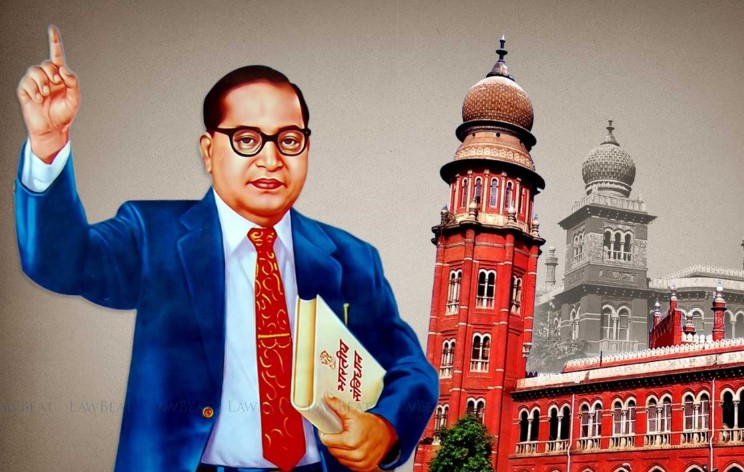
Constitutions of India : 10 things everybody should know
- August 8, 2024
- 0
The Constitution of India, an embodiment of the nation’s ethos, holds profound significance in shaping the country’s governance and societal fabric. Here are 10 essential aspects to know about constitutional.
Historical Context: Seeds of Sovereignty
The roots of the India Constitution trace back to a tumultuous era of colonialism, struggles for independence, and the collective vision. It’s crucial to grasp this historical backdrop to appreciate the monumental task of drafting a democratic framework that reflects India’s diverse culture, social, and economic landscapes.
Lengthiest Written Constitution: Comprehensive Framework
The Indian Constitution stands as one of the world’s lengthiest written constitution, comprising a detailed framework with 448 articles, divided into 25 parts, and further supplemented by schedules and amendments.
Constitution Assembly: Architects of Democracy
The Constitution Assembly, consisting of stalwarts from diverse backgrounds, painstakingly deliberated and debated to give shape to the Constitution. Their foresight and debates captured in the Constitution Assembly debates provide invaluable insights into the rationale behind various constitutional provisions.
Separation of Powers: Checks and Balances
The Indian Constitution espouses the doctrine of the separation of powers among the legislature, executive, and judiciary, ensuring a system of checks and balances. This foundational principle prevents the concentration of power in any one branch, fostering accountability and preventing abuse of authority.
Unique Blend of Fundamental Rights and Duties:
Rights with Responsibility the Constitution of India grants citizens fundamental rights, essential for their growth and dignity, while also emphasizing fundamental duties. Balancing rights with responsibilities instills a sense of civic consciousness among citizens, urging them to contribute positively to society while safeguarding their liberties.
Amendment Procedure: Balancing Continuity and Change
The amendment process, delineated in the Constitution, allows for necessary adaptations without compromising its core principles. It embodies the Constitution’s flexibility to evolve with changing times while upholding its fundamental values.
Federalism and Center-State Relations: Complex Governance Structure
India’s federal structure, with a delicate balance between the Union and State governments, is pivotal to its governance. The Constitution allocates powers through different lists, defining the spheres of authority between the Centre and the States. India’s administrative machinery is complex.
Role of Judiciary: Guardian of Rights
The Indian judiciary, with the Supreme Court at its apex, plays a crucial role in upholding the Constitution. The judiciary’s power of judicial review and its role as the guardian of fundamental rights have a pivotal role in ensuring justice and constitutional supremacy.
Directive Principles of State Policy: Social Welfare Blueprint
The Directive Principles of State Policy serve as a guide for governance, emphasizing socio-economic justice and welfare. Although not legally enforceable, they outline the state’s duty to strive towards creating an equitable society, providing and the state’s obligations beyond fundamental rights.
Preamble: Heartbeat of the Constitution
The Preamble encapsulates the sprite and essence of the Constitution, articulating the aspiration and ideals of the Indian polity. It serves as a guiding light, embodying justice, liberty, equality, and fraternity along with fundamental values to cherish and uphold.
It’s not merely a legal document but a living testament to India’s democratic spirit, fostering a sense of duty, awareness, and engagement with the country’s democratic processes.
👇 Please Note 👇
Thank you for reading our article!
If you don’t received industries updates, News & our daily articles
please Whatsapp your Wapp No. or V Card on 8278298592, your number will be added in our broadcasting list.


































































